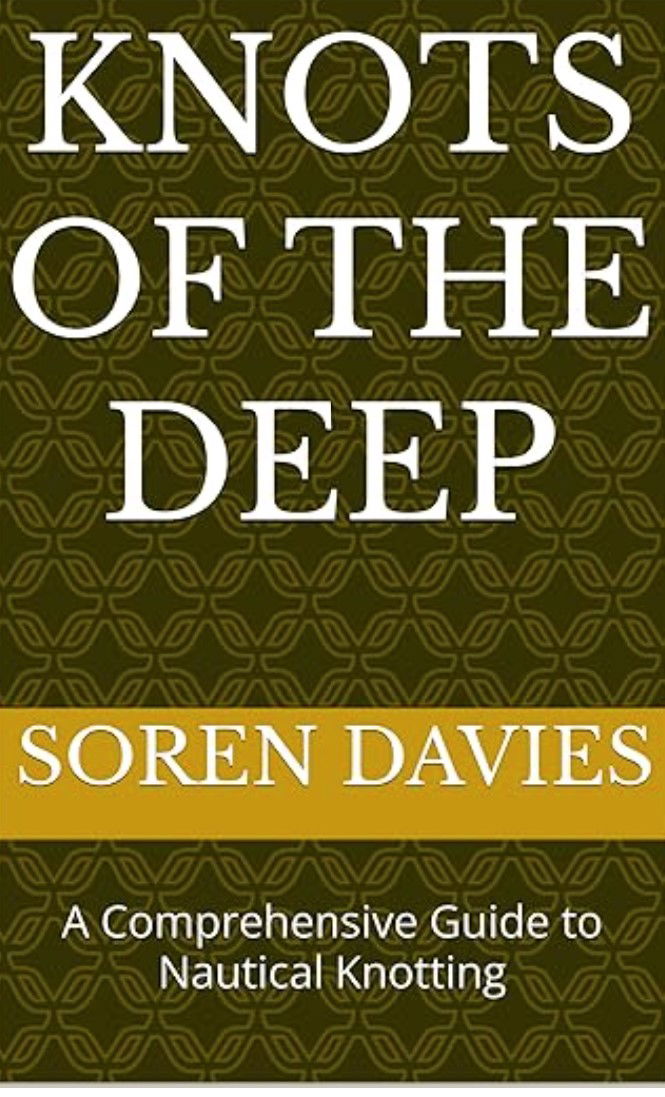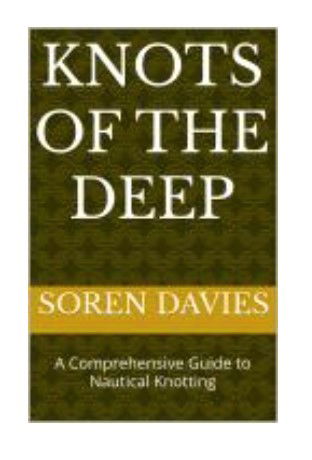In the quiet atmosphere of a bustling hospital ward, amidst the beeps of machines and the soft footsteps of nurses, a gentle and unexpected sound caught the attention of patients and staff—the crisp fold of paper. There, in the corner of the room, sat an elderly man, his hands moving deftly as he transformed a simple square sheet of paper into a complex, beautiful origami crane. This man, Mr. Tanaka, had been a patient suffering from chronic heart disease, and origami was his escape, his meditation, and, as he would tell you if you asked, his healing.Every day, Mr. Tanaka would fold dozens of paper cranes and other figures, each one intricately crafted with the precision only decades of practice could achieve. Nurses and other patients began to take notice, and soon, he was not only creating but also teaching. The quiet corner became a mini-workshop of healing. The activity was simple, yet it brought profound relief from the anxiety and loneliness that often accompanied long hospital stays. Origami gave Mr. Tanaka and his fellow patients not just a way to pass the time, but a way to mend emotionally.Origami, the ancient Japanese art of paper folding, has evolved over centuries from a ceremonial and elite practice to a popular craft practiced worldwide. The beauty of origami lies not just in the final product, but in the process itself. The act of folding paper engages the mind and the body, requiring focus, precision, and creativity. It is this process that imbues origami with therapeutic powers, making it an effective tool in art therapy and mental health treatment.**The Therapeutic Benefits of Origami in Mental Health**Research has shown that engaging in origami stimulates the brain in unique ways, involving a blend of logic and creativity which utilizes both the left and right hemispheres. The benefits are manifold:
- Cognitive Improvement: Origami challenges the mind, improving spatial visualization and understanding of geometric shapes. This can lead to enhanced problem-solving skills and better cognitive development.
- Emotional Relief: The focus required in origami allows individuals to concentrate on the task at hand, providing a respite from stressful thoughts and promoting a state of mindfulness similar to that achieved through meditation.
- Motor Skills Development: For those recovering from physical injuries, or conditions like stroke, origami can be a gentle way to improve dexterity and hand-eye coordination.
- Enhanced Patience and Perseverance: Origami is an exercise in patience and persistence. Each fold must be precise, and larger projects require considerable time and effort, aiding in the development of these vital skills.
**Origami in Therapy Sessions**In therapeutic settings, origami is used to facilitate discussion, enhance expression, and assist in the development of social skills. Therapists have found that the non-verbal nature of the activity makes it an excellent tool for those who struggle with traditional talk therapy. Moreover, as patients like Mr. Tanaka demonstrate, origami can help bridge gaps between different patient groups, fostering a community spirit and aiding in socialization.**Case Studies and Psychological Research**Numerous studies have highlighted the effectiveness of origami in therapy. For example, a study conducted with children suffering from ADHD observed that origami helps increase attention span and concentration. Another research project involving elderly patients with depression reported improvements in mood and a decrease in feelings of isolation after engaging in origami.Moreover, therapists working with patients suffering from anxiety and mood disorders have noted that origami can serve as a form of active meditation, promoting a calm and meditative state. The repetitive motions and focus required help center the mind, enabling patients to relax and reduce anxiety levels.**Workshops and Community Programs**Recognizing the therapeutic benefits of origami, various hospitals, community centers, and schools have begun to implement origami workshops as part of their wellness programs. These workshops not only introduce participants to the basics of paper folding but also encourage them to explore their creativity in a supportive, healing environment.**Personal Experiences and Testimonials**Many individuals like Mr. Tanaka share compelling stories about how origami has played a transformative role in their coping and recovery processes. For some, it is a way to reconnect with a lost sense of self and purpose; for others, it represents a lifeline, a means to express feelings that words cannot capture.Origami, with its humble beginnings as folded paper, unfolds in the hands of those seeking solace and healing, proving that even the simplest tools can possess immense power. Across the globe, from medical settings to homes, people are discovering that this ancient art form is more than just craft; it is a key to unlocking profound psychological healing and well-being.The story of Mr. Tanaka and his origami cranes is just one of many where this delicate art has brought strength, community, and peace to challenging environments. It highlights the potential within every folded corner of paper—a potential for therapy, healing, and connection, proving that sometimes, the best medicine might just come in a sheet of paper, waiting to be folded.




